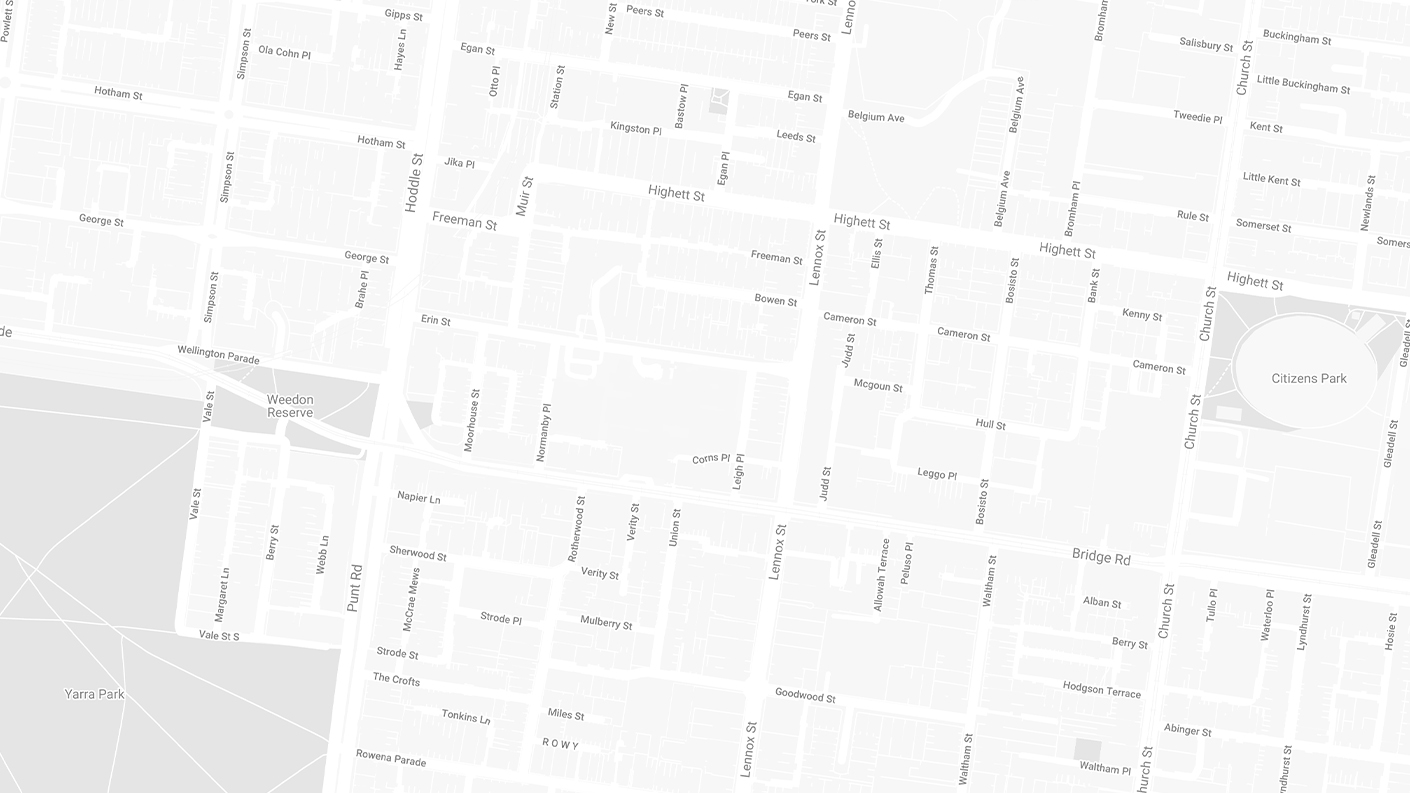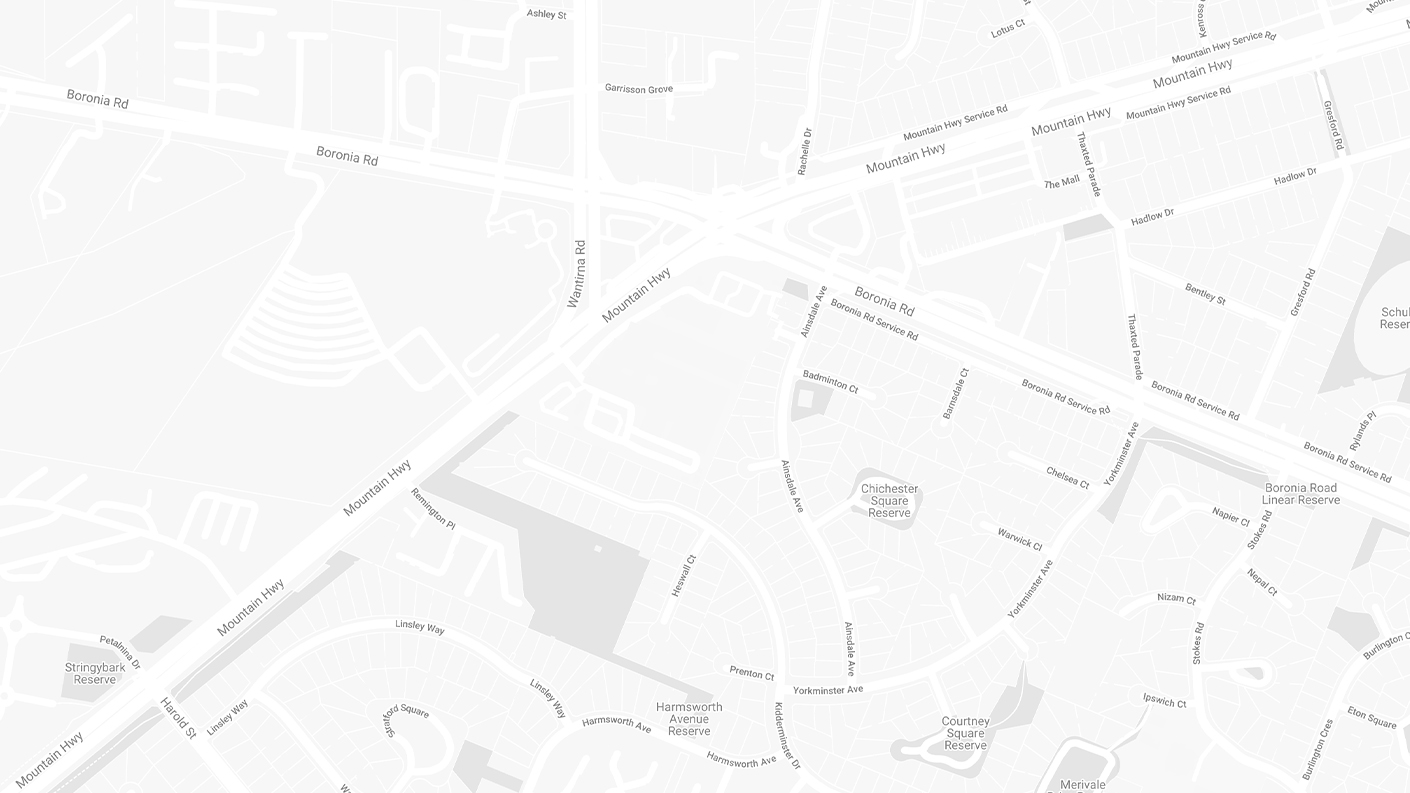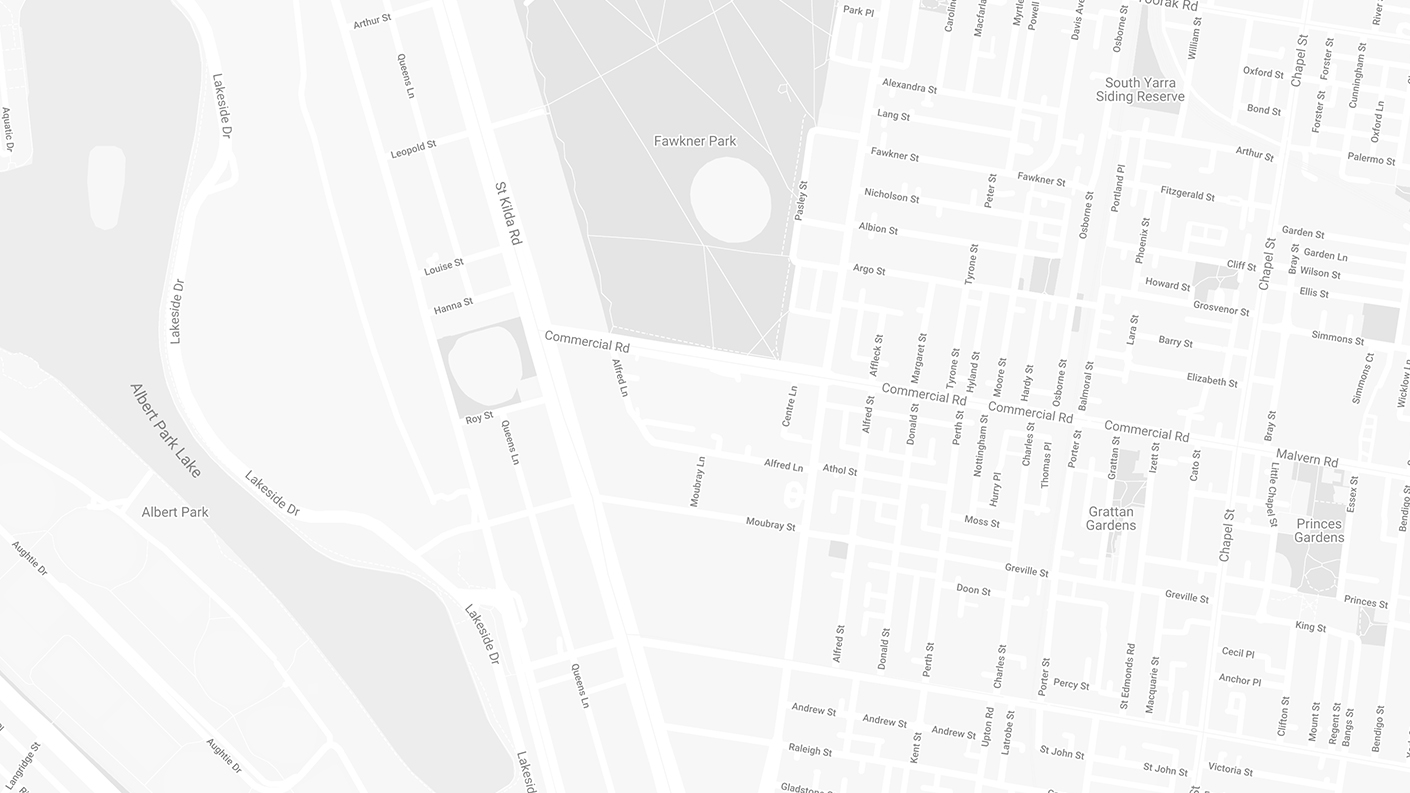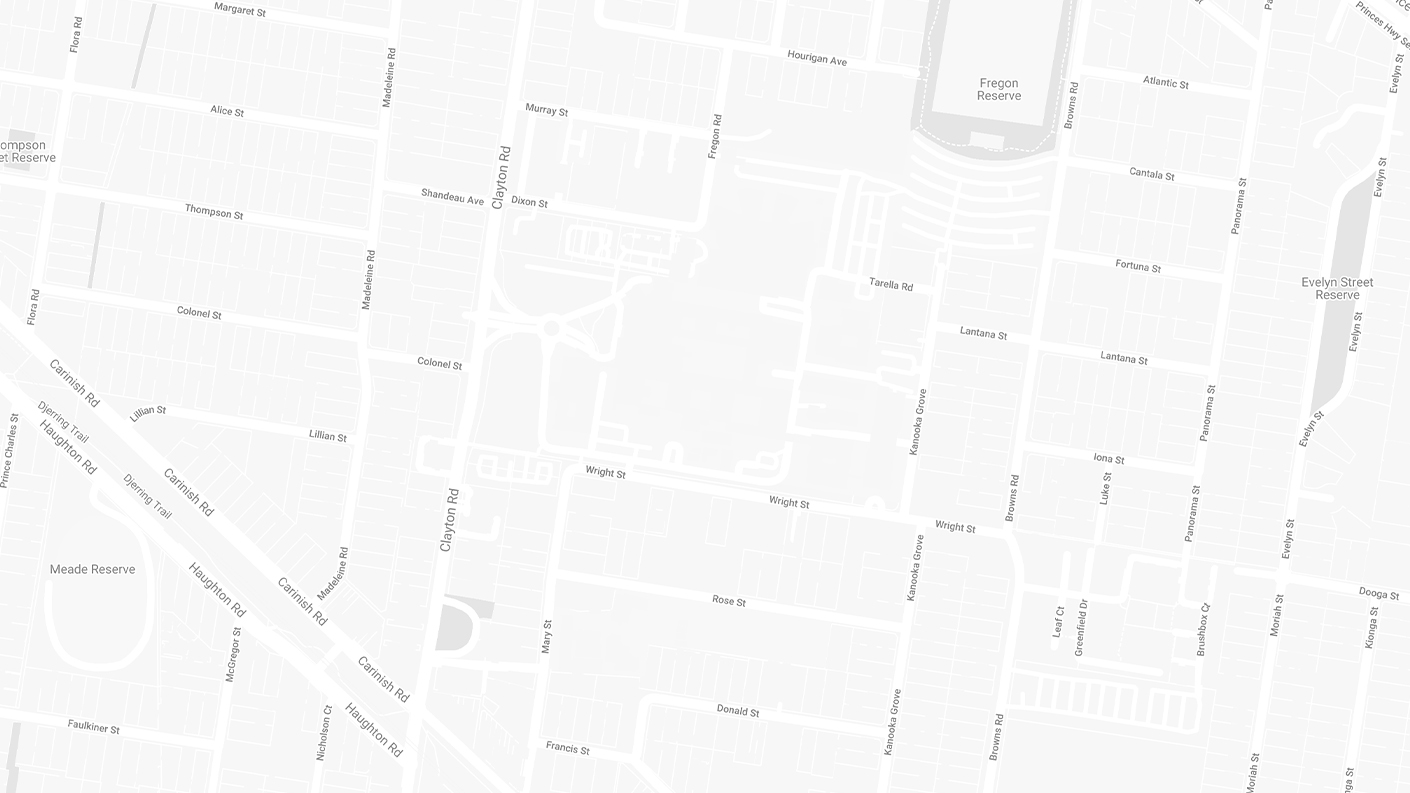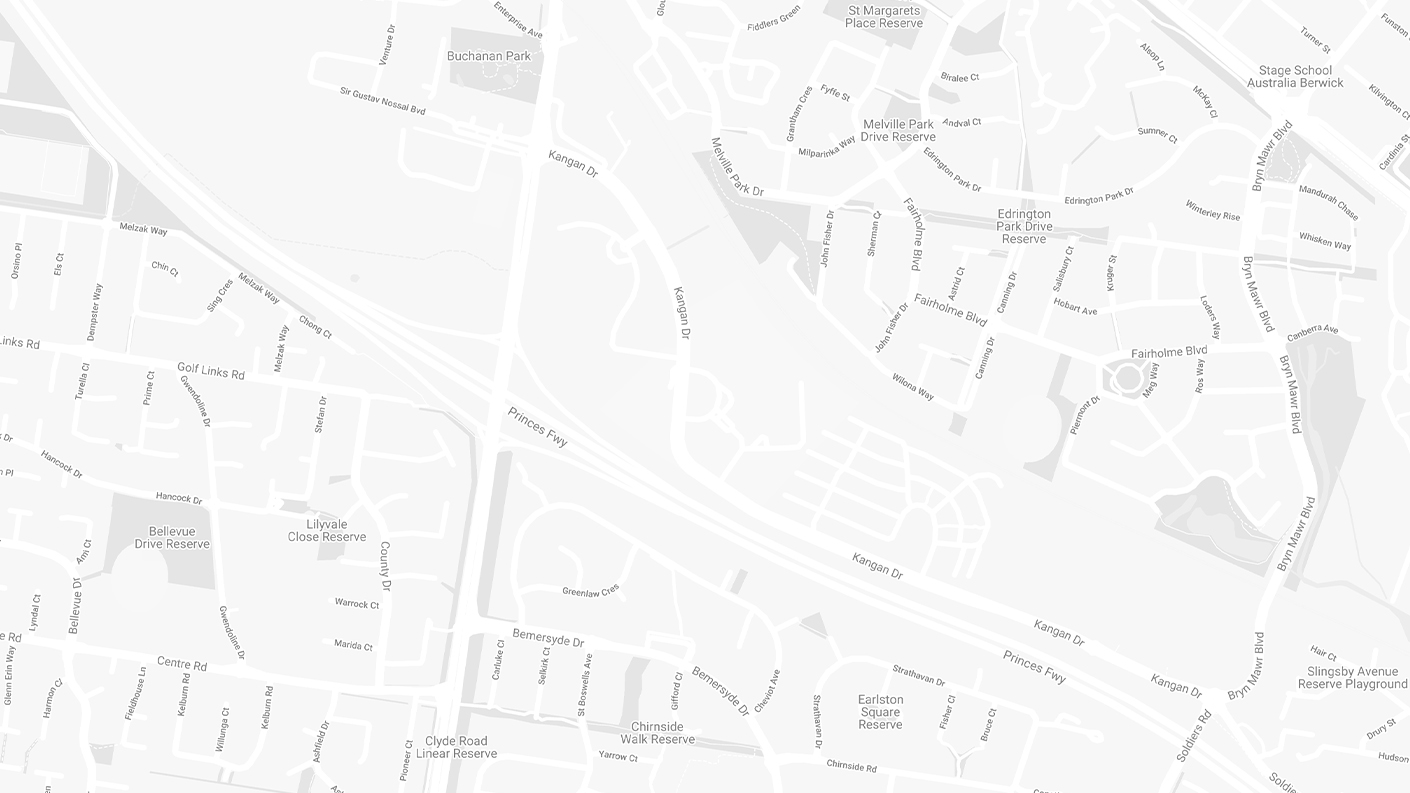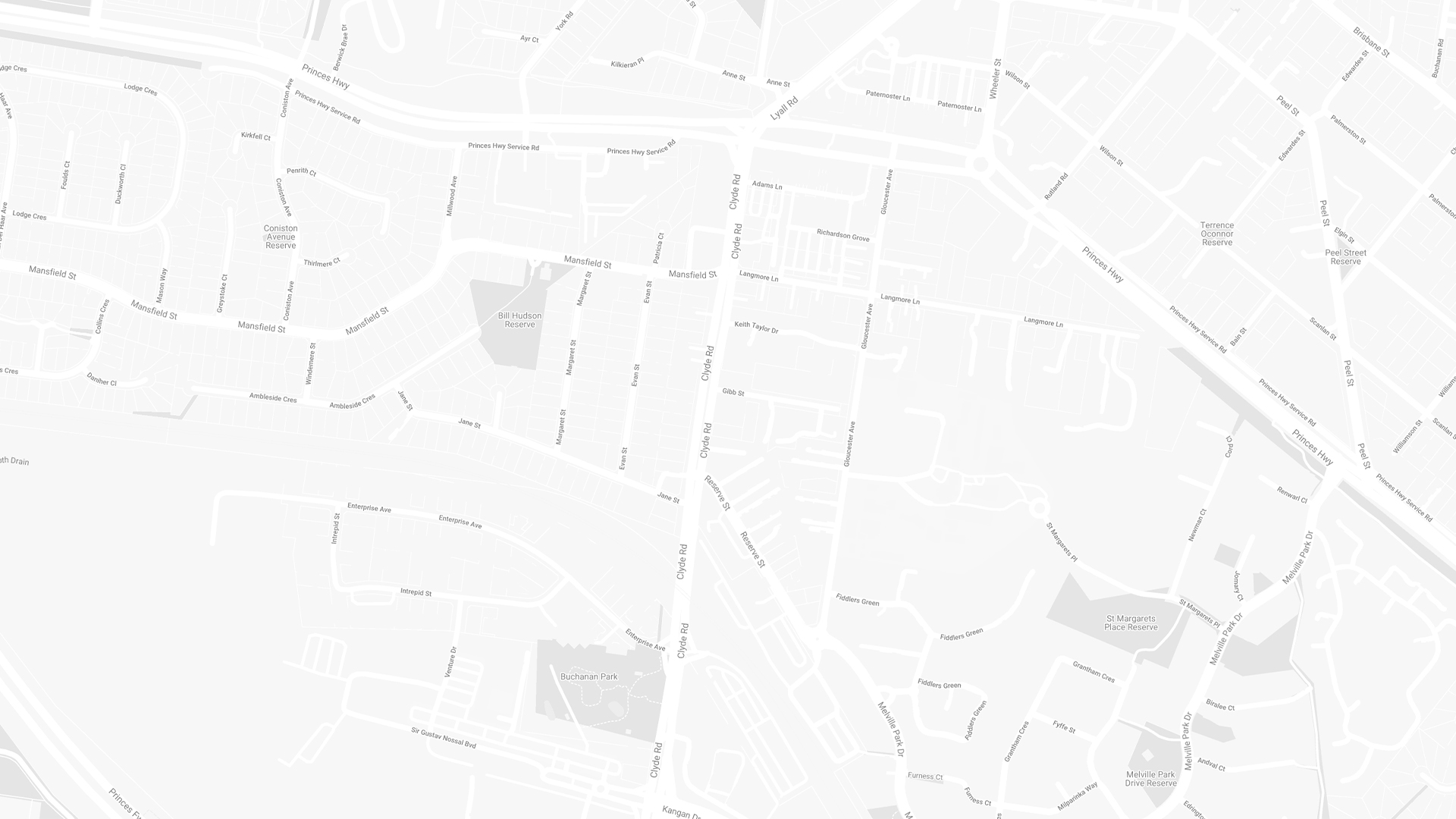
Hernias can cause discomfort and pain but are often asymptomatic.
A hernia is a weakening in the muscle or tissue that holds an organ in place. In most cases, this weakness does not cause pain and goes undetected until it becomes too large to be ignored. Hernias can occur anywhere from the abdomen to the groin and are most common in people who have had abdominal surgery, suffer from chronic coughing, or often lift heavy objects.
Read on to find out more about hernias, how they can be treated, and what you should do if you suspect you may have one…
What is a hernia?
When an organ pushes through an opening in the tissue or muscle that keeps it in place, a hernia occurs. In many cases, hernias occur in the abdomen. They can, however, also occur in other areas of the body, such as the groin and upper thigh.
There are a number of different types of hernias, the most common of which is an inguinal hernia. Inguinal hernias occur when the intestines push through a weakened area of the lower abdomen, most often in the inguinal canal. The inguinal canal is located in the groin.
Other types of hernias include Hiatal hernias, which occur when part of the stomach pushes up into the chest cavity; umbilical hernias, which occur when the intestines protrude through the abdominal wall close to the belly button; and ventral hernias, which occur when tissue pushes through an opening in the abdominal muscles.
Do hernias hurt?
In some cases, hernias do not cause any symptoms at all. Many people only find out that they have a hernia during a medical examination for another issue.
Sometimes, however, hernias can cause chest pain, as well as heartburn and difficulty swallowing — these symptoms are most likely in the case of a hiatal hernia.
The most common symptom of a hernia is a lump. If you have an inguinal hernia, for example, you may notice a bulge in your groin. This lump can cause discomfort and pain, although this is not always the case.
What are the treatment options?
Hernias can be resolved by means of surgery. If your doctor identifies a hernia, they will let you know if surgery is appropriate for you, depending on the size of the hernia, as well as the symptoms that you are experiencing.
There are two main types of hernia surgery: open hernia repair and laparoscopic surgery. During open hernia repair, your surgeon will make an incision at the site of the bulging intestine before pushing the hernia back into the abdomen. The abdominal wall will then be strengthened with stitches of mesh.
If you are a suitable candidate for laparoscopic surgery, your surgeon will make a tiny incision through which a telescope-like instrument is inserted. The hernia will then be repaired from inside the abdomen with mesh. During this process, the defect in the abdominal wall is covered and the tissue is strengthened.
How can we help?
Associate Professor James Lee offers a range of general procedures, including hernia surgery. If you have been referred for hernia surgery, we encourage you to arrange an appointment for a consultation as soon as possible. Associate Professor James Lee will explain the surgery to you in detail and let you know what to expect from the recovery process.
Associate Professor James Lee offers a number of types of hernia surgeries, the most common of which are open hernia repair, which involves an incision in the groin area at the site of the bulging intestine; and laparoscopic surgery, which is a minimally invasive procedure and involves the insertion of a tiny telescope-like instrument through a small incision.
If you would like to find out more about hernia surgery and what it involves, please have a look here.
If you would like to arrange a consultation with Associate Professor James Lee, please get in touch here or give us a call on (03) 9246 6466.
CONTACT US
Get in touch

Ask a question or Book an appointment.
Please fill in the online enquiry form to ask a question or book an appointment.
Or call today on (03) 9246 6466
Get in touch
For any enquiries, concerns, or to book a consultation, get in touch with our friendly team. We look forward to hearing from you.
